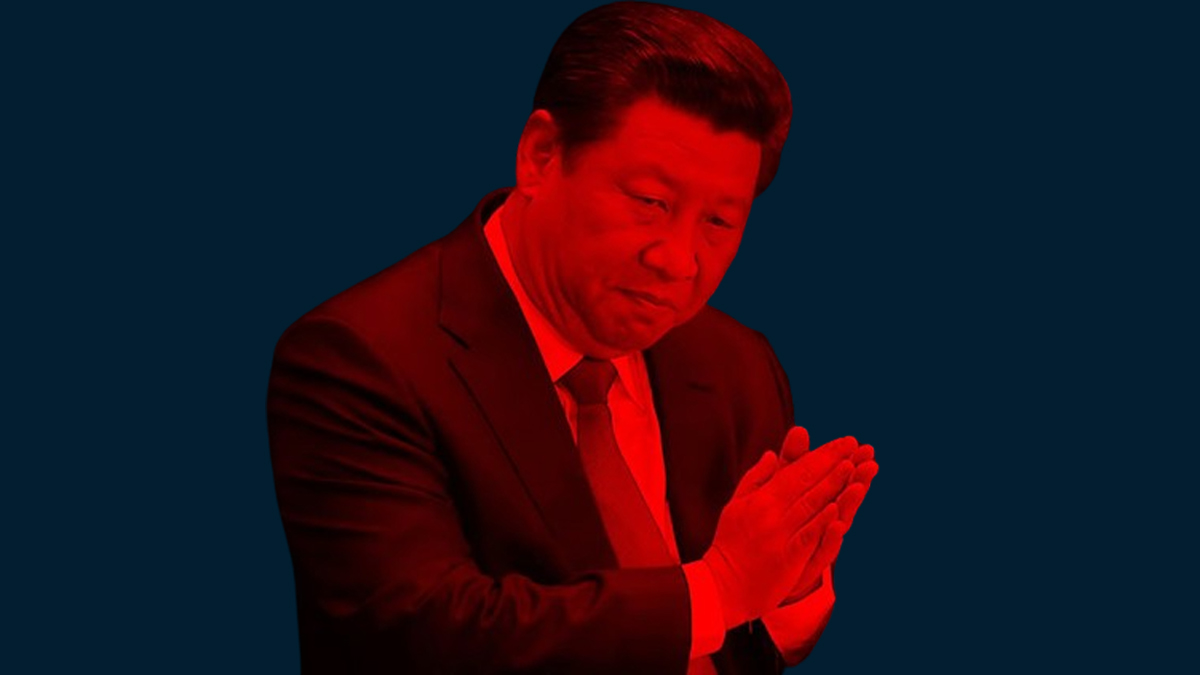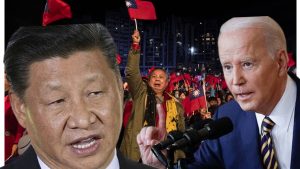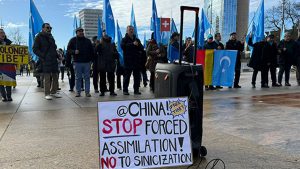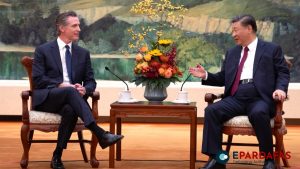
China Teaching Authoritarianism to BRI Partners

China has intensified efforts to export its single-party system and President Xi Jinping’s authoritarian worldview to developing countries across Africa and Latin America, as reported this week. Through a series of seminars and training programs, Beijing is aiming to influence global governance by promoting its own repressive model, which critics argue undermines democratic values and human rights.
Central to Xi’s authoritarian agenda is the Belt and Road Initiative (BRI), an extensive infrastructure project used as a tool to expand China’s global influence. Under the guise of development, China issues onerous loans to participating countries, pushing them into debt traps and thereby increasing their dependency on Beijing. A Washington-based think tank, the Atlantic Council, released a detailed report on Thursday highlighting China’s aggressive tactics to promote its authoritarian governance model through the BRI.
The report draws from hundreds of publicly available documents from China’s commerce ministry, revealing how China seeks to position its authoritarian system as a blueprint for development. Among the initiatives uncovered was a seminar held in June 2021 for presidential advisers and cabinet-level officials from developing countries. This seminar aimed to propagate “President Xi Jinping’s thought on national governance,” emphasizing China’s rigid political system and decision-making processes that often sideline public input and democratic principles.
Moreover, the seminar lauded China’s draconian measures during the Covid-19 pandemic, which involved strict, prolonged lockdowns affecting millions. This portrayal starkly contrasts with the global criticism China faced for its harsh and invasive public health measures.
Another troubling aspect of China’s influence campaign is its push to export its pervasive surveillance system. A training program targeted at African officials involved in city planning focused on using information technology for public safety management. Given China’s notorious use of facial recognition technology for political repression and everyday law enforcement, this move raises alarms about the potential for increased state surveillance and erosion of personal freedoms in these developing countries.
In response to the report, China’s foreign ministry defensively stated that “China has always respected the peoples of all countries in independently choosing their development paths and social systems,” and denied any intention of imposing its system on other nations. However, the evidence suggests otherwise, as China actively promotes its authoritarian governance model through these programs.
The Atlantic Council report also sheds light on China’s efforts to influence global media narratives. A course designed for officials from BRI nations focused on China’s media and propaganda strategies, presenting a skewed view of media integration and innovation under the pandemic’s backdrop. This initiative aims to bolster China’s ability to shape global information flows, potentially spreading disinformation and enhancing its soft power.
China’s concerted effort to promote authoritarian governance poses a significant threat to democratic values worldwide. By leveraging its economic clout and the BRI, Beijing is not only exporting infrastructure but also an authoritarian model that risks undermining the democratic aspirations and sovereignty of developing nations. The international community must remain vigilant and counter these efforts to ensure the preservation of democratic governance and human rights globally.
- Recording Statements of Defendants, Including RSP President Rabi Lamichhane, Begins in Kaski Court
- China Warns U.S. Over Taiwan Military Aid, Accuses Washington of ‘Playing with Fire’
- 101st Birth Anniversary of Nepali Congress Founding Leader Krishna Prasad Bhattarai Commemorated
- Nepal’s Exports Rise by 16.5% in Five Months Amid Trade Deficit












Comments